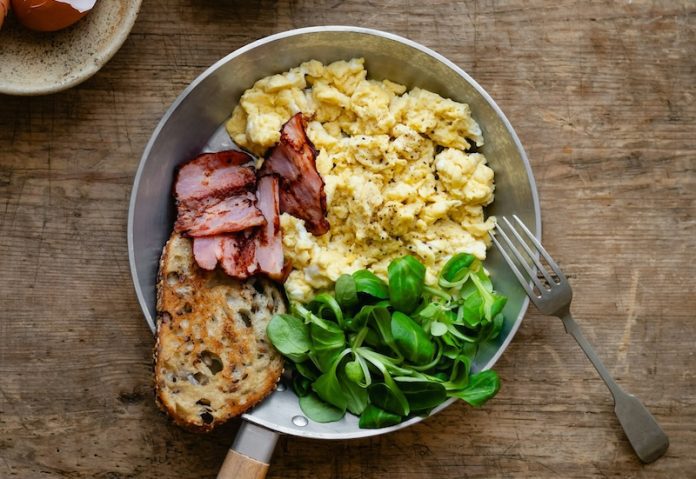
Protein is like the building block of our bodies, important for everything from building muscles to repairing tissues and even making hormones.
For anyone looking to maintain a healthy lifestyle, understanding which foods are high in protein is crucial.
This guide is your straightforward, easy-to-understand rundown of protein-rich foods, backed by research but stripped of all the hard-to-digest scientific jargon.
First off, why is protein so important? Simply put, it gives your body the components needed to function properly. Besides being essential for growth and repair, protein can also help with weight loss by making you feel fuller for longer, reducing the temptation to snack on less healthy options.
But not all protein sources are created equal. Some pack more of a punch in terms of protein content and nutritional value, and it’s these superstars we’re focusing on.
Meat is often the first thing that comes to mind when we think of protein. Chicken breast stands out in the meat aisle as a lean source of protein, meaning it’s low in fat but high in the good stuff. It’s versatile, easy to cook, and can be enjoyed in countless ways, making it a staple in many diets.
Beef, particularly lean cuts, is another excellent source. It not only provides high-quality protein but also supplies essential nutrients like iron, zinc, and B vitamins. However, moderation is key with red meat, as excessive consumption can be linked to other health issues.
Fish is a fantastic source of protein, with the added bonus of heart-healthy omega-3 fatty acids. Salmon, tuna, and sardines are not just protein powerhouses; they also offer significant health benefits, from improving heart health to aiding brain function.
Eggs are the unsung heroes of the protein world. Affordable, versatile, and packed with protein, they also contain vital nutrients, including choline, which is important for brain health. Starting your day with eggs can boost your protein intake and keep you feeling satisfied.
For vegetarians and vegans, there’s no need to feel left out. Lentils, chickpeas, and beans are not only high in protein but also fiber, making them incredibly filling and great for your digestive health. They’re also versatile, finding their place in a variety of dishes from around the world.
Quinoa, often labeled a superfood, is a complete protein, which means it contains all nine essential amino acids that our bodies cannot produce on their own. It’s a fantastic option for plant-based diets and can be used in place of rice or pasta.
Nuts and seeds, such as almonds, chia seeds, and flaxseeds, are not only protein-rich but also packed with healthy fats and fiber. They’re the perfect snack to keep you going between meals or can add a nutritious crunch to salads and breakfast bowls.
Greek yogurt and cottage cheese are dairy products known for their high protein content. They’re also rich in calcium and probiotics, supporting bone health and digestion. These can be enjoyed on their own, as part of a meal, or mixed with fruits and nuts for a delicious, protein-packed treat.
Incorporating these protein-rich foods into your diet can help ensure you’re getting the nutrients your body needs to function at its best.
Whether you’re a meat-eater, vegetarian, or vegan, there are plenty of options to boost your protein intake. Remember, the key to a healthy diet is variety and balance, ensuring you get not just protein but all the nutrients your body needs to thrive.
If you care about nutrition, please read studies about how Mediterranean diet could protect your brain health, and the best time to take vitamins to prevent heart disease.
For more information about health, please see recent studies about plant nutrients that could help reduce high blood pressure, and these antioxidants could help reduce dementia risk.
Copyright © 2024 Scientific Diet. All rights reserved.





